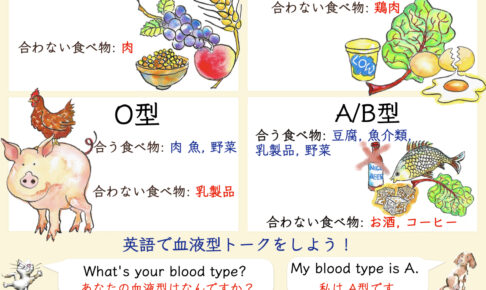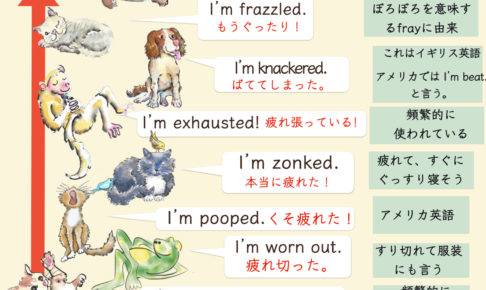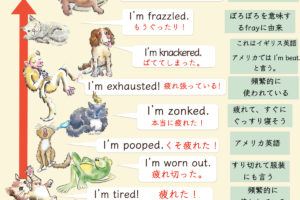「get over it」は乗り越えるという意味になります。失恋の話では、友達が別れた時に 「Don’t worry, you’ll get over her.」というふうによく慰められています。意味は「心配しないで。彼女のことを乗り越えるよ。」他のつらい経験に対しても「get over」が使えます。最後に、「get over yourself」はわがままな人によく言われています。意味は「自分の気持ちの整理をつけて下さい。」です。
(皆さんが英語の発音練習が出来るように、例文を読み上げて、録音しました。録音したファイルは以下にあります。)
Don’t worry. I’ll get over it.
心配しないで。僕は乗り越えるよ。
I’ll get over it.
僕は乗り越えるよ。
I just can’t get over him.
私は彼のことを乗り越えないね。
I’m okay. I’ll get over it.
大丈夫だよ。立ち直るよ
Get over yourself!
自分のことばかり考えないで!














You are able to get over it if it’s the case with you
Nice to meet you.Your website is so great.I can learn a lot of useful words and expressions.These are so informative and your explanations are easy for me to get.I’m looking forward to your next article.
Hi Luke,
I focused on the pronunciation of ” I’ll get over it. ” this time.
Because,this phrase has some important rules for pronunciation.
1. ” I’ll ”
・I = aɪ
・I+’ll ≠ aɪ + l
・It sounds almost ” AOL ” in Roman character.
So,there is no ” ɪ ” to say ” I’ll “.
・The point is ” throaty “: having a low sound to say ” I’ll “.
2. ” get over ”
・The point is ” T ” & ” O ” on ” get over “.
・ get + over ≠ ɡet + ˈəʊvə(r)
・ It sounds almost ” GETOUVER ” in Roman character.
・These 2 words are pronounced as like one word.
” T ” & ” O ” are linking and pronounced as like ” TO ” in Roman character. ( Note: It’s not ” to ” on ” I go to~ “)
For example, How about ” Check it out : ” it “+ ” out “?
It’s also ” T ” & ” O ” are linking and pronounced as like ” LA ” on the sentence.
It sounds as like ” CHEKILA “,if it can be expressed its core sound.
In addition, I think below:
・The sound of ” TO ” for linking ” T ” & ” O ” on the first example is like more UK English.
・The sound of ” LA ” for linking ” T ” & ” O ” on the second example is like more US English.
3. ” over it ”
・It sounds almost ” OUVERIT ” in Roman character for the expression to easy understand.
・It is caused on the sentences ,including「er」,「re」and etc + vowel.
For example, How about ” Care About “?
It’s ” RE ” & ” A ” are linking and pronounced as like ” RA ” on the sentence.
・” Care About “ ≠ keə(r) + əˈbaʊt
” Care About ” = kéərəbʌʊt
Ultimately,
” I’ll get over it. ” ≠ aɪ + l + ɡet + ˈəʊvə(r) + ɪt
” I’ll get over it. ” = AOL GETOUVERIT ( Expression of the sound in Roman character. )